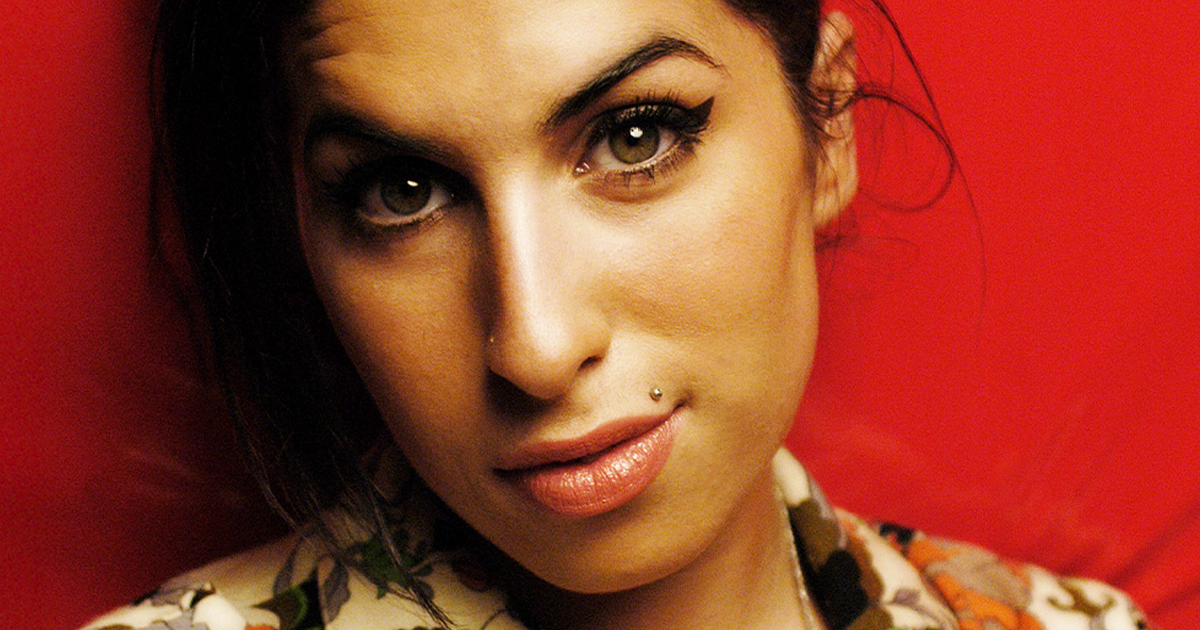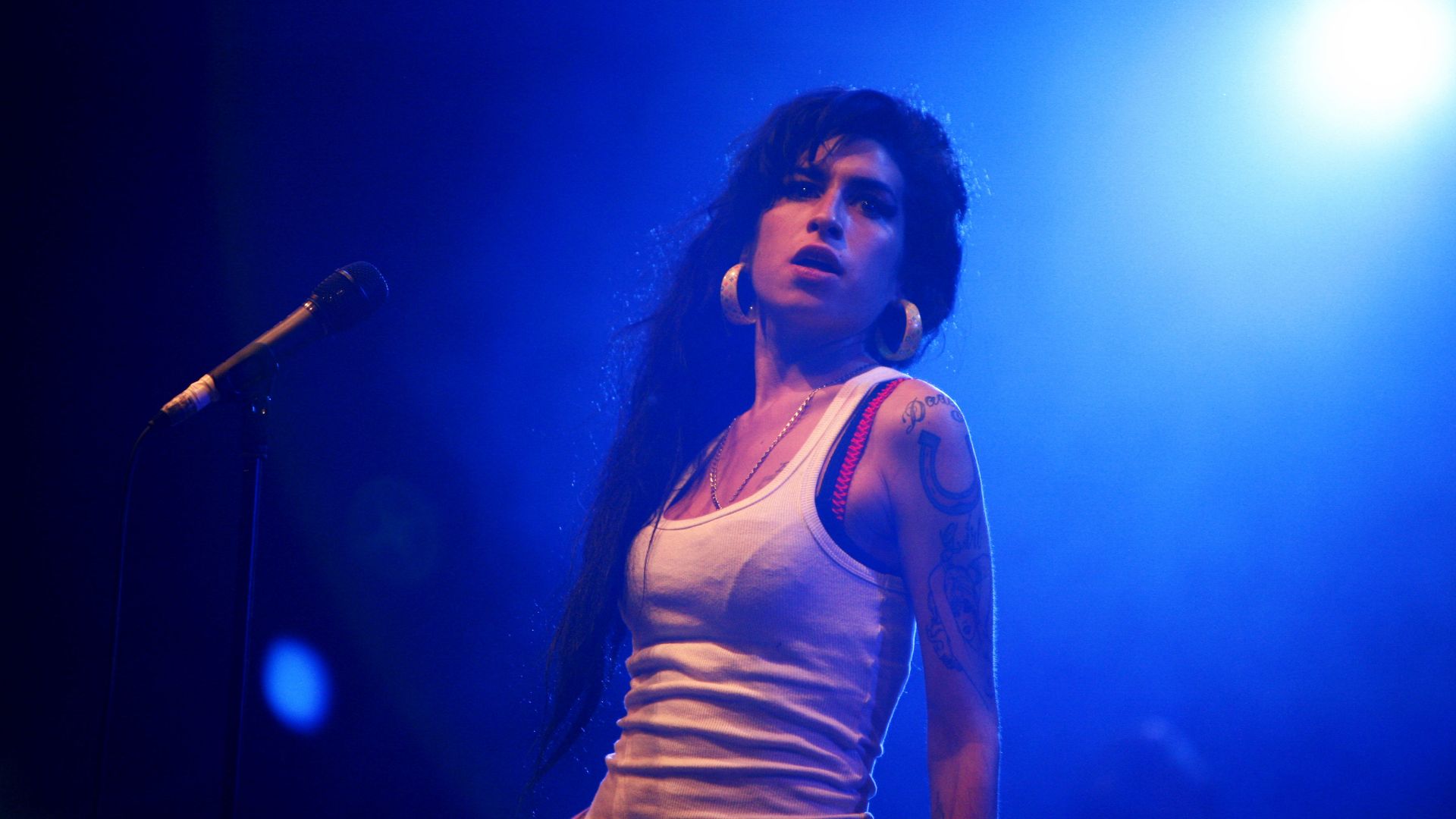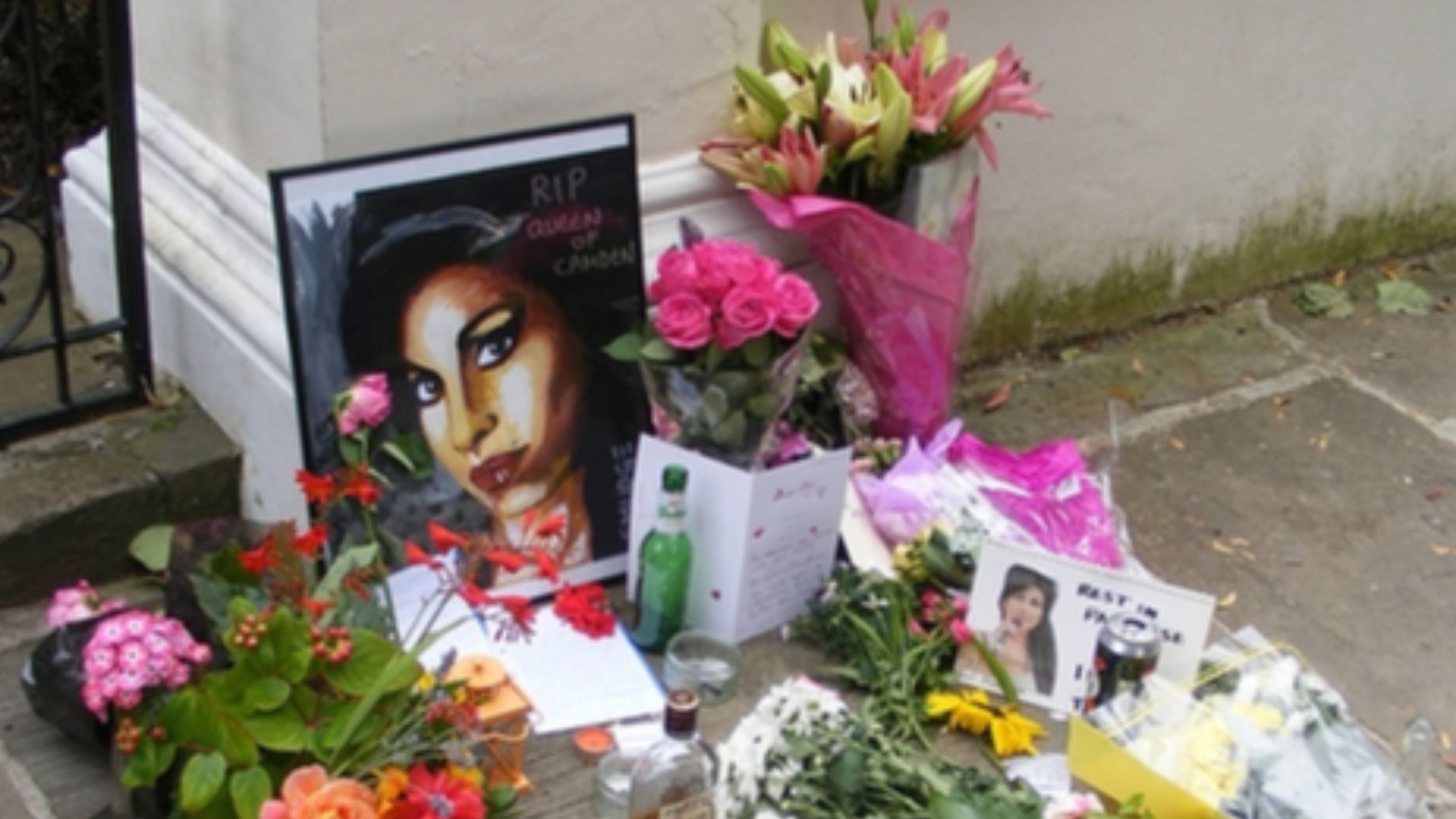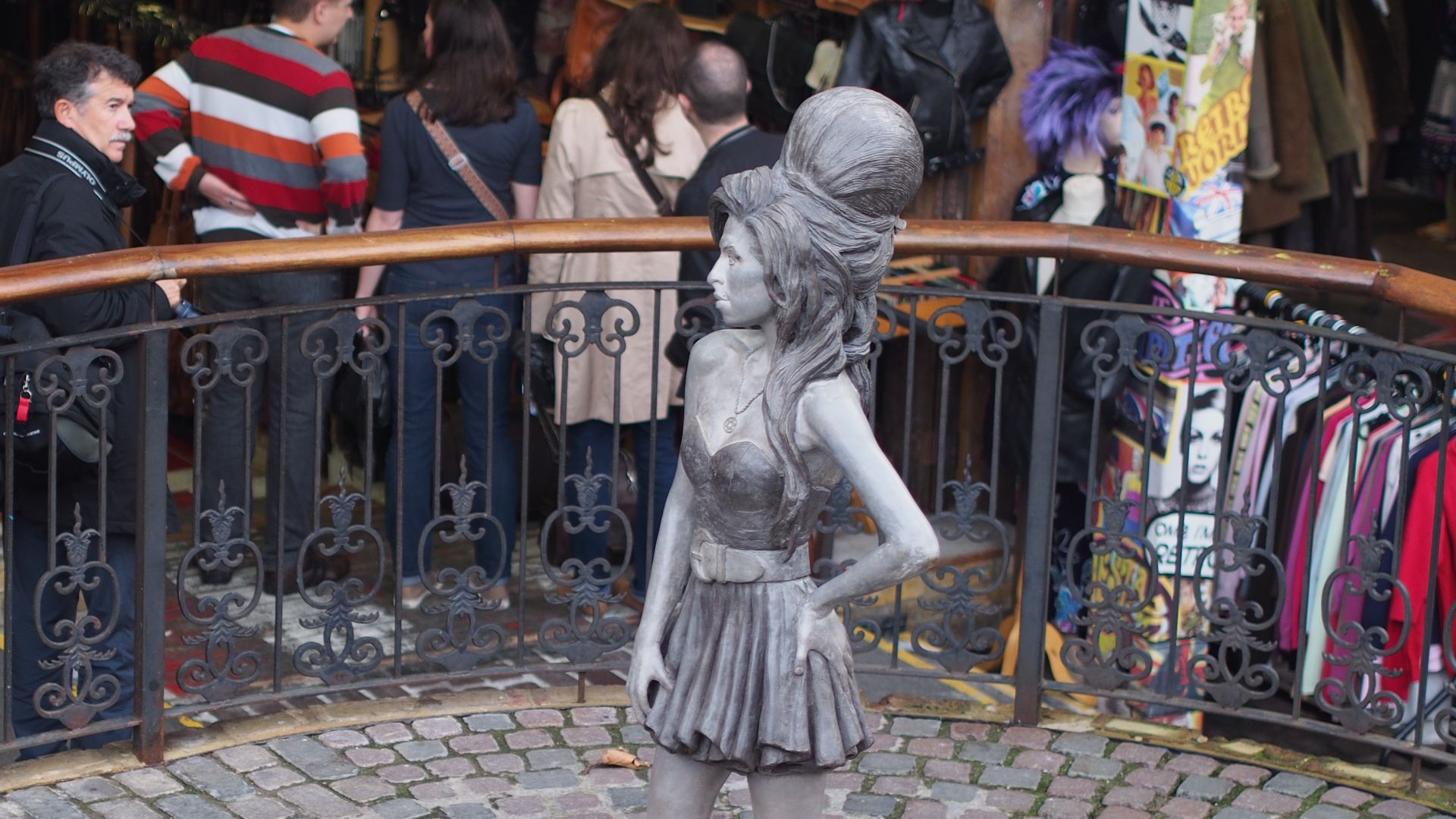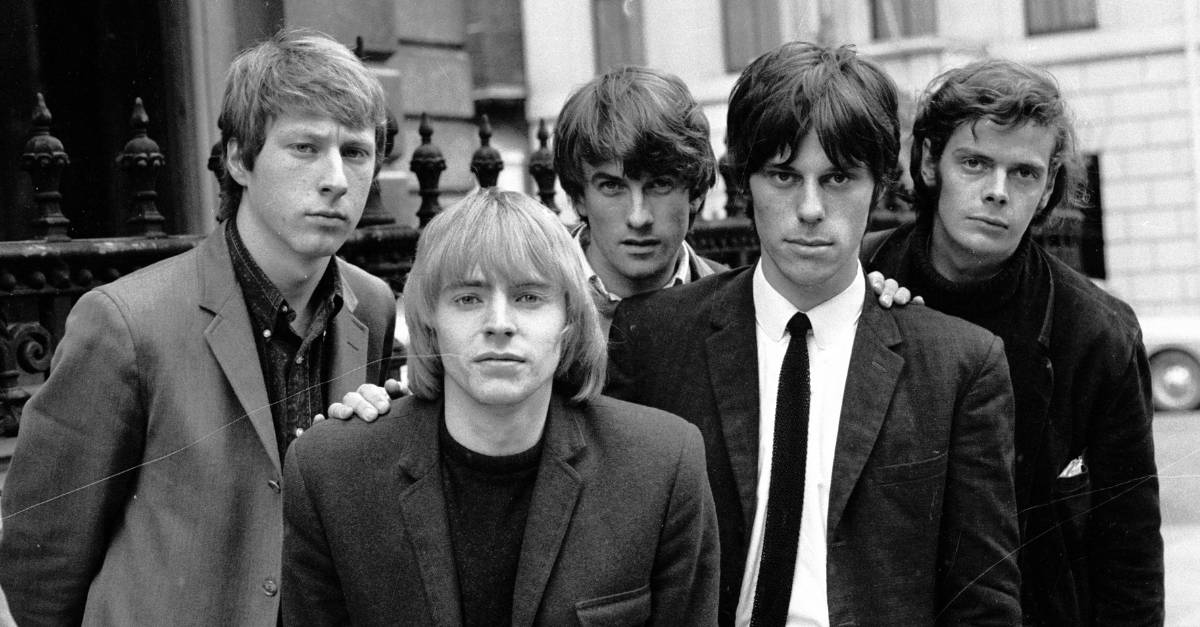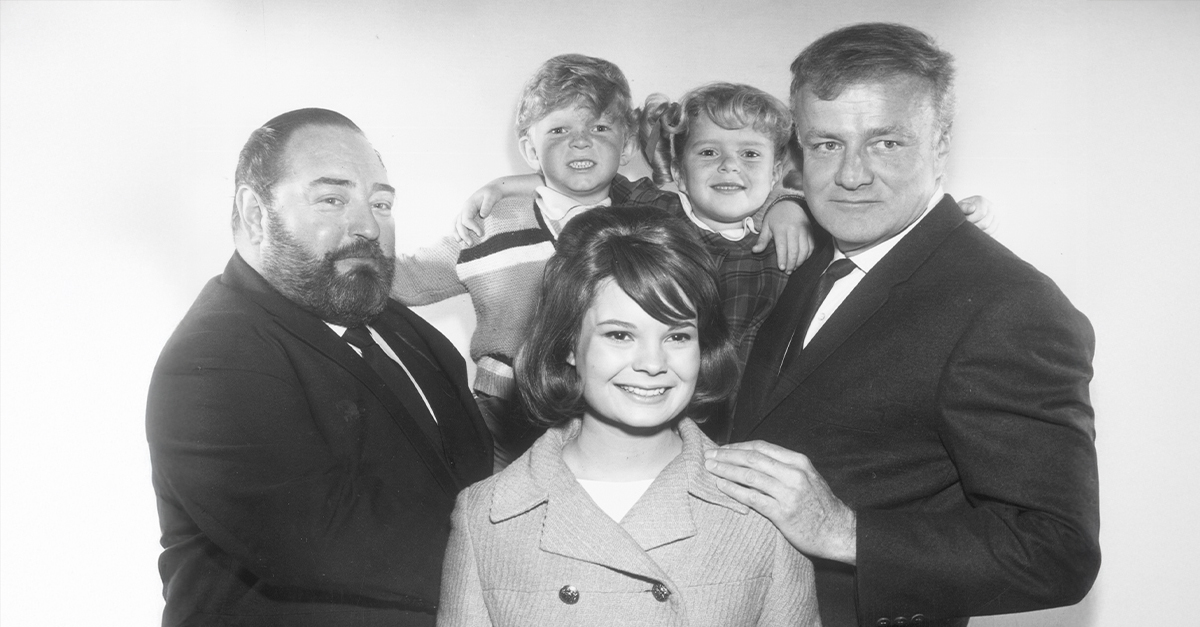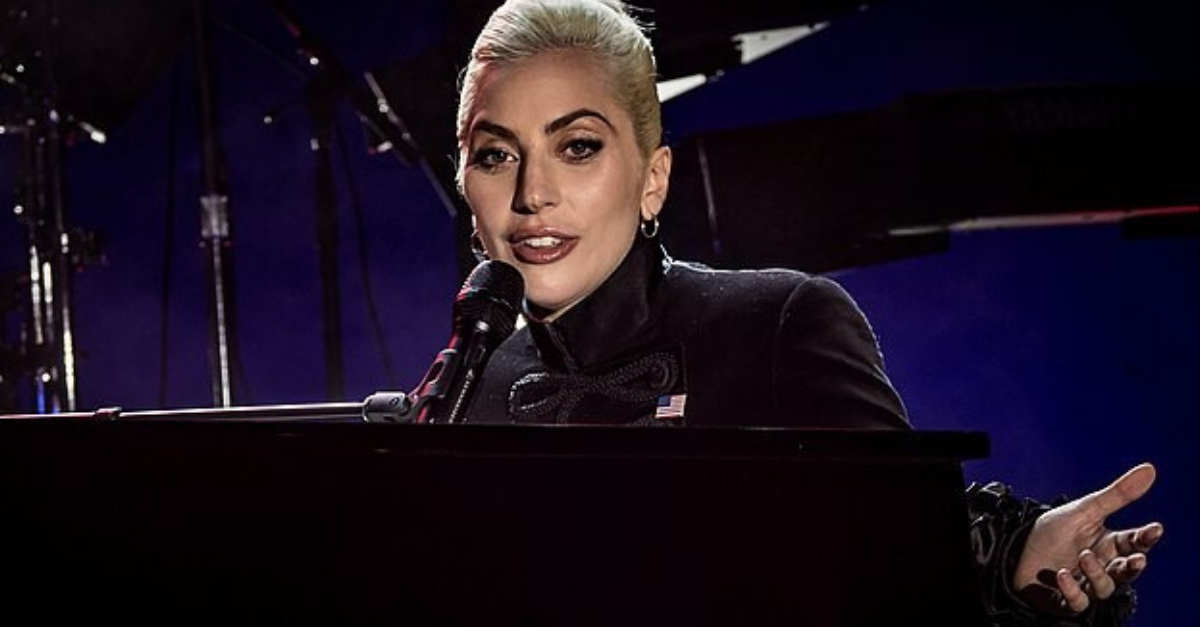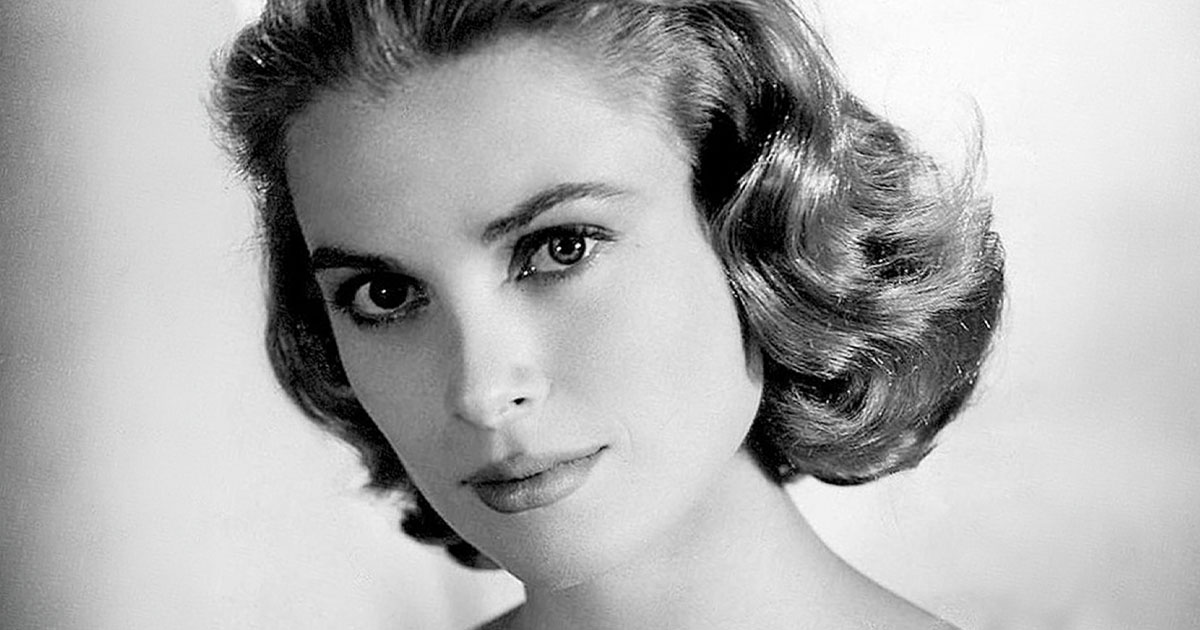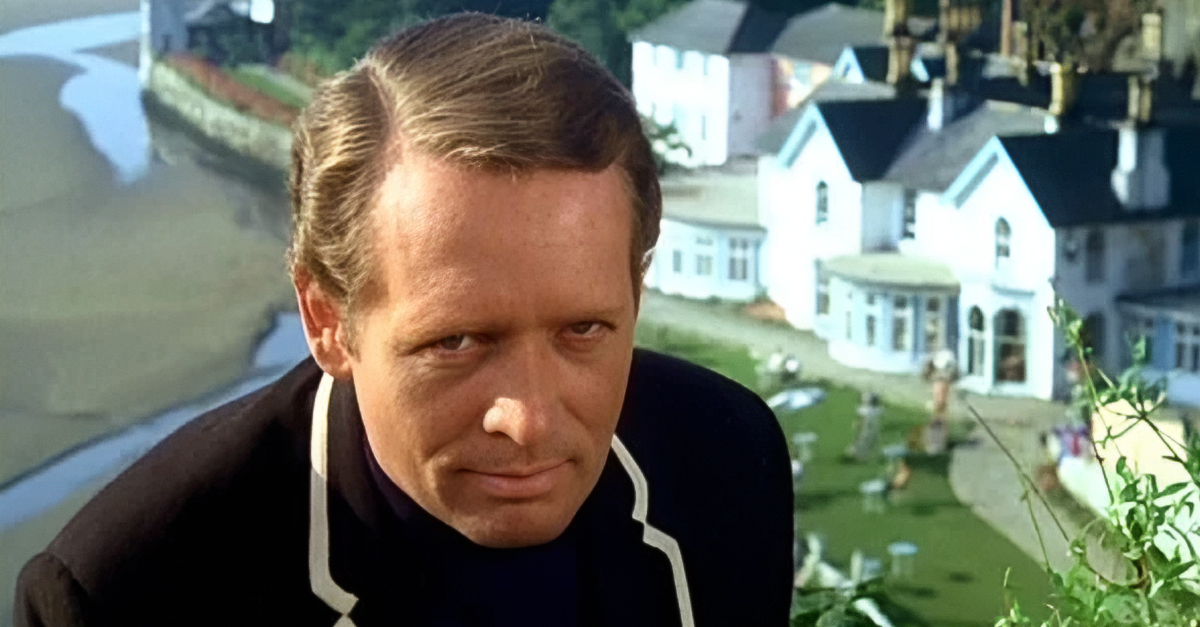The Voice That Stopped You in Your Tracks
Amy Winehouse wasn’t just a singer — she was a force of nature. Her voice carried the raw, smoky power of old soul, packed with emotional honesty that hit you in your bones. Beneath the Grammy glitz, there were deep personal battles, but her emotional transparency always shone through.
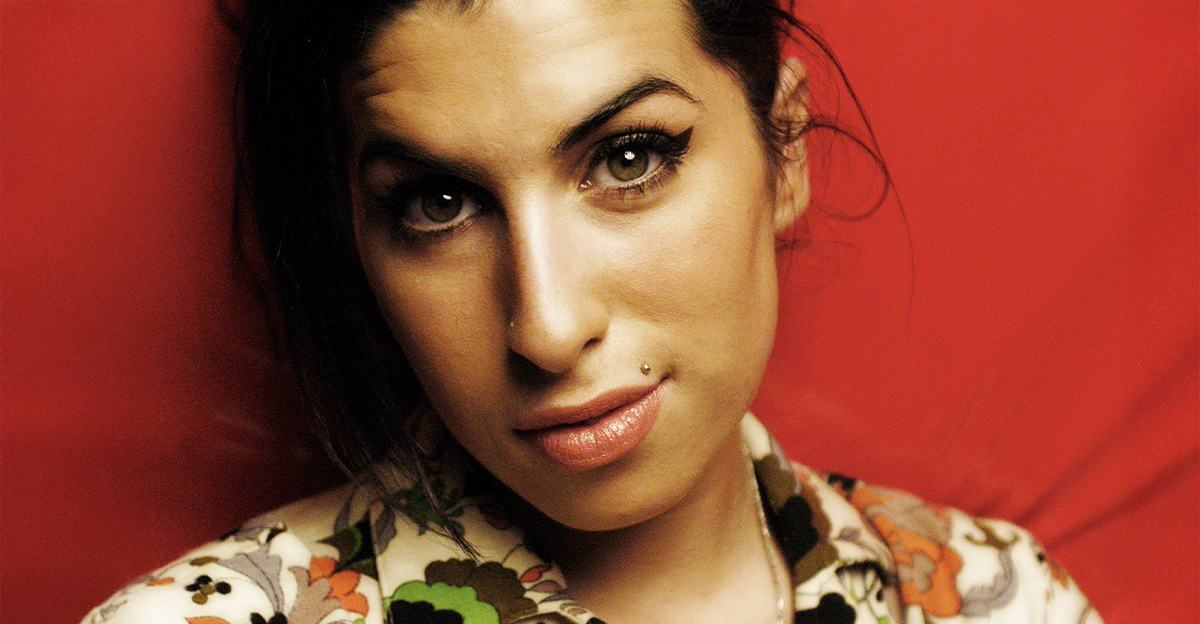
She Had A North London Upbringing
Born September 14, 1983, in Southgate, London, Amy grew up in a home where her dad Mitch loved jazz and her mom Janis worked as a pharmacist. Music was her safe space — the place she could say what she couldn’t speak out loud. That soulful vulnerability stayed with her all her life.
 Amy Winehouse singing at 3 year old, Shirley Baxter
Amy Winehouse singing at 3 year old, Shirley Baxter
She Had Raw Talent...and a Rebellious Soul
From her teen years at Sylvia Young Theatre School, teachers spotted Amy's rare voice and rebellious soul. By 16, she could bend notes like a jazz legend and defy norms with her style and attitude. That spark made her captivating — and often misunderstood.
She Was Truly Authentic
Amy’s 2003 debut album Frank was a bold first step, full of confessional lyricism and jazz sensibilities. She later said, “I don’t write songs because I want to be famous — I write because I have to.” Fame was never her goal — authenticity was.
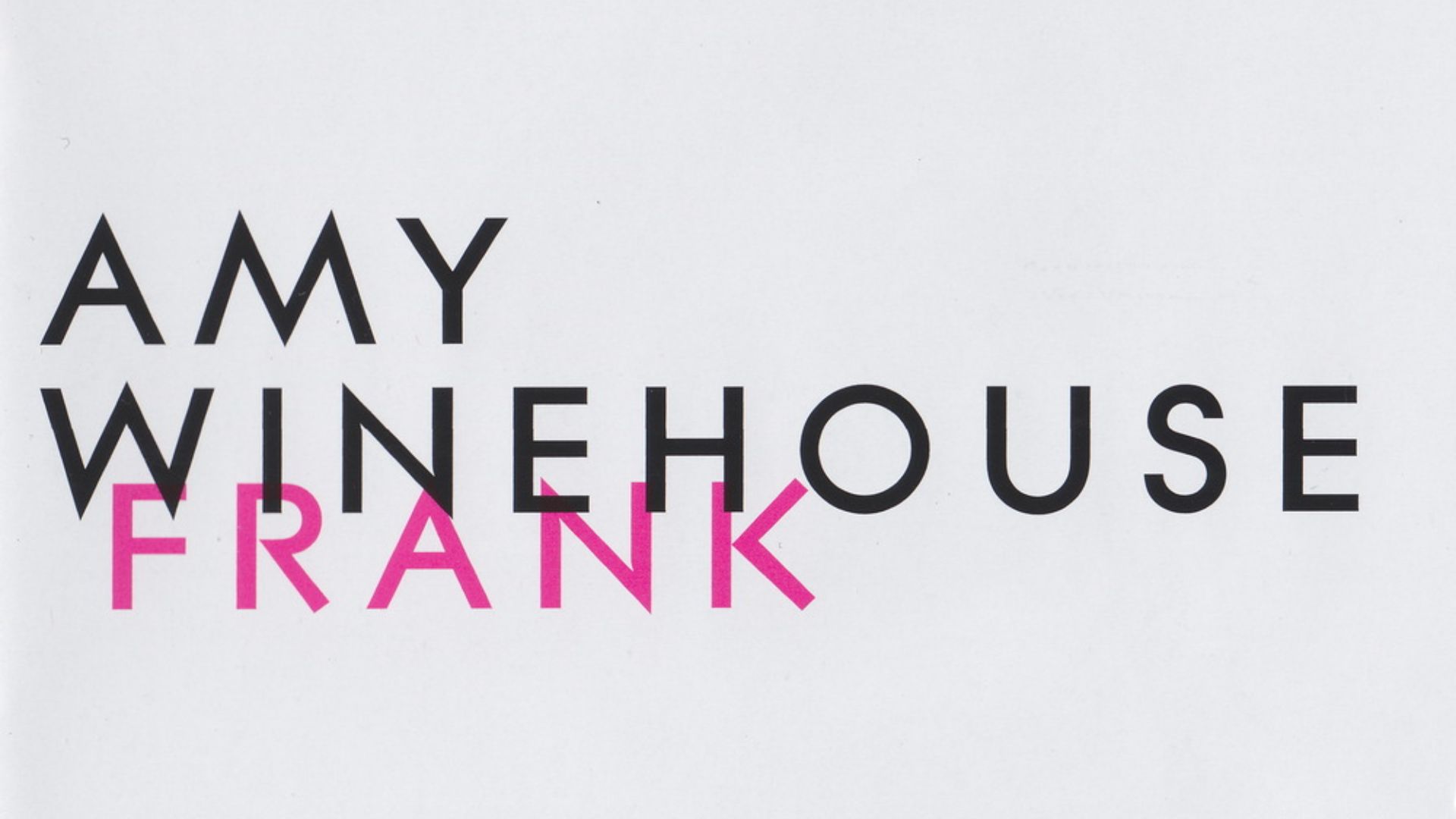 Island Records, Republic Records, Wikimedia Commons
Island Records, Republic Records, Wikimedia Commons
She Suffered From Fame’s Double‑Edged Sword
As Frank built her a fanbase, tabloids swooped in, obsessing over her appearance, mood, and private life. Friends say she clammed up under the criticism, feeling like the real Amy was disappearing between the headlines.
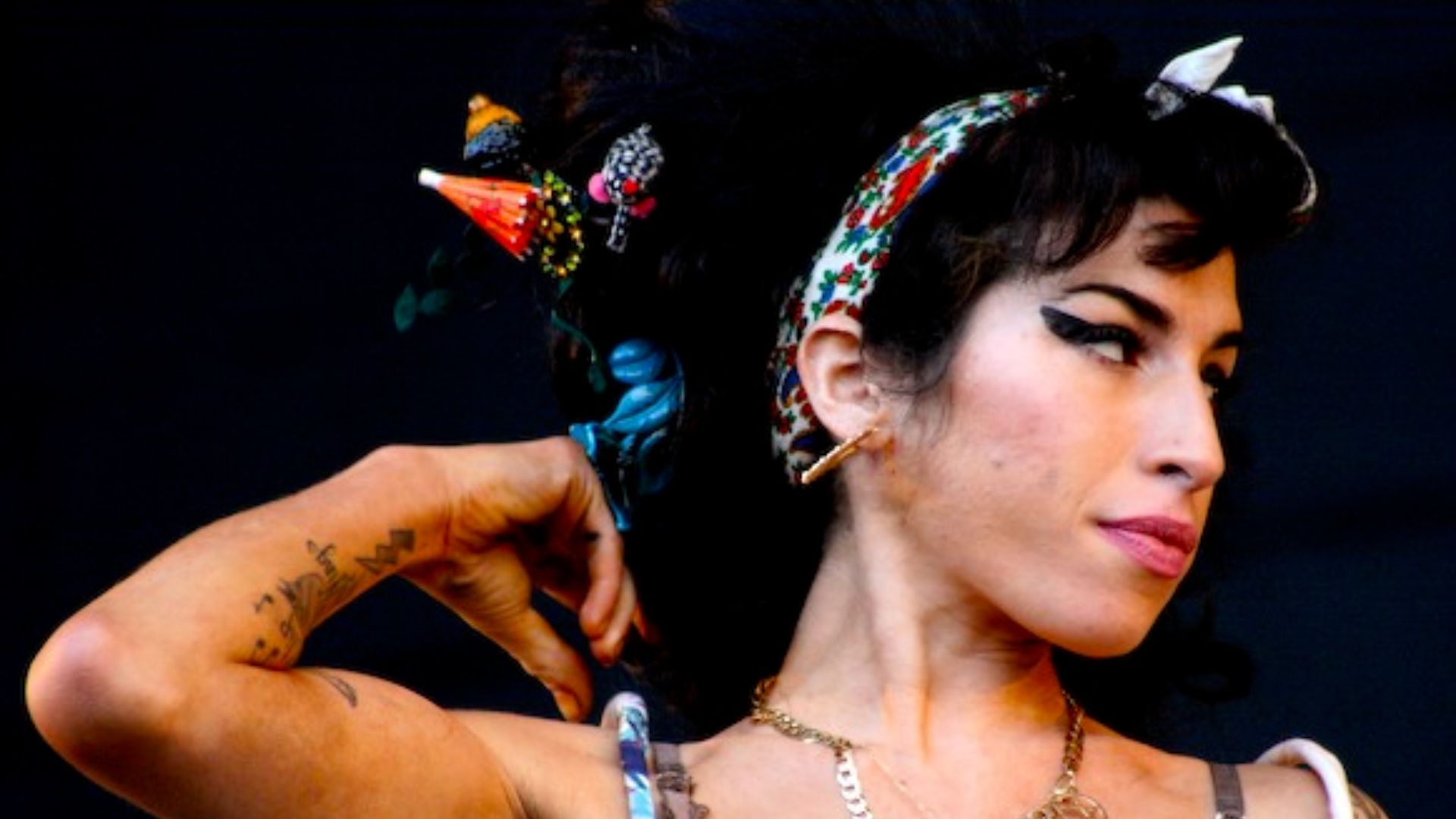 Fionn Kidney, Wikimedia Commons
Fionn Kidney, Wikimedia Commons
Heartbreak and Blake
In 2005, Amy met Blake Fielder-Civil and entered one of her most turbulent chapters. Their intense love and emotional roller‑coaster added both creative fuel and personal strain. Amy herself later shared that the relationship was as destructive as it was passionate.
She Poured Her Pain Into Her Art
Her 2006 album Back to Black was heartbreak set to beat‑driven soul. It earned five Grammys, but it also made her pain public — every lyric, every stumble, every emotionally raw note played under the public’s unforgiving eye.
 Amy Winehouse - Back To Black, Amy Winehouse
Amy Winehouse - Back To Black, Amy Winehouse
She Was Pressured
By 2007, the media circus around Amy was relentless. Mitch Winehouse described the coverage as "a circus" that made her feel trapped — like her art no longer belonged to her, but to a gossip‑hungry world.
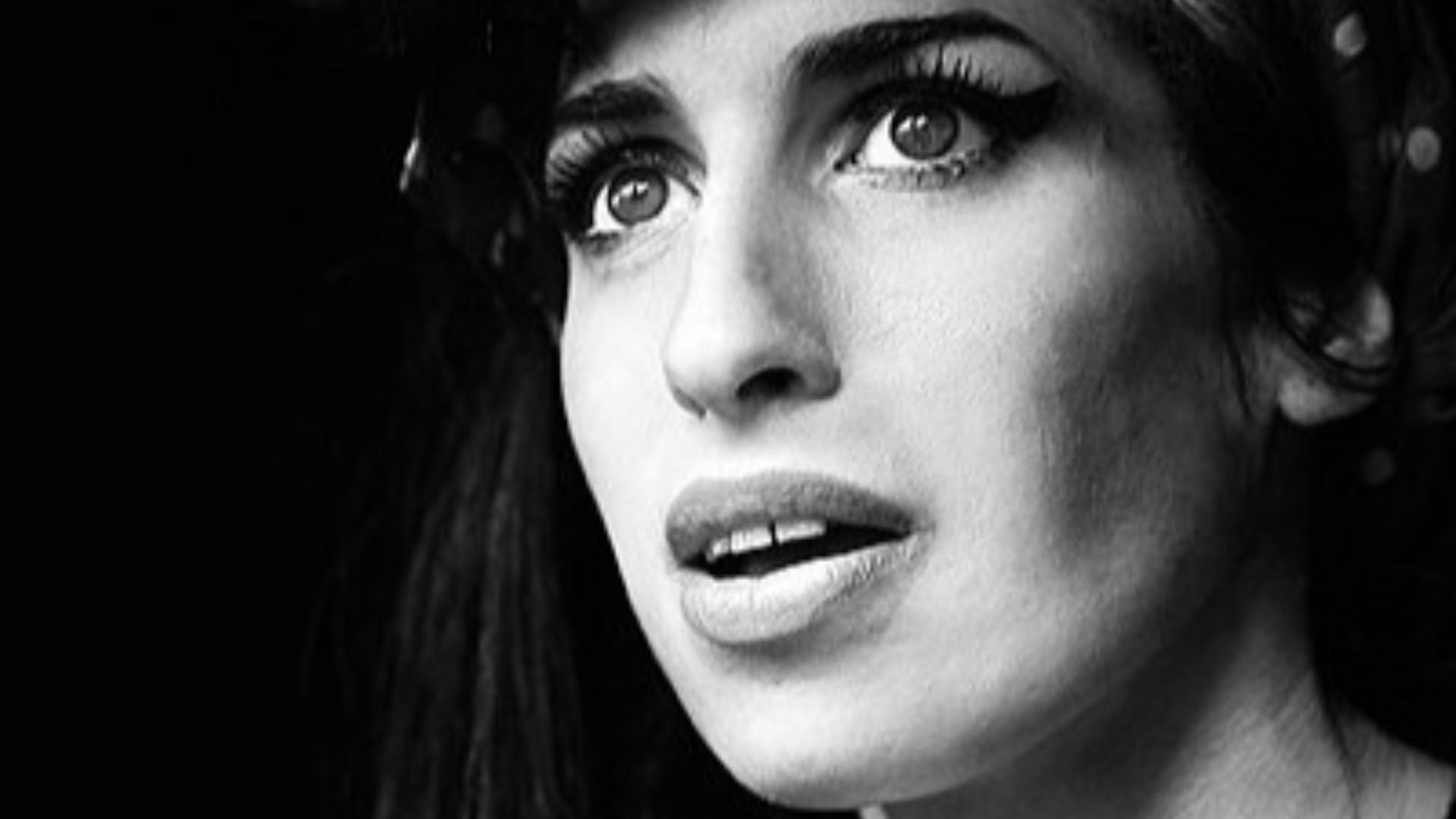 eddievanderwalt, Wikimedia Commons
eddievanderwalt, Wikimedia Commons
Her Health Suffered
Fans and colleagues noted Amy looked physically fragile and emotionally worn. Her schedule offered no space for healing or self-care. Those closest to her nudged her toward help, but walking that path proved hard when the stage was still calling.
 petercruise, Wikimedia Commons
petercruise, Wikimedia Commons
Touring Took Its Toll
Amy’s world tours brought her magic to fans globally, but also deepened her weariness. The relentless travel, pressure to perform, and spotlight glare magnified her struggles instead of soothing them.
She Asked For Help
Amy entered rehab several times, determined to find stability. But recovery didn’t go in a straight line — her fierce independence often led her to try handling things alone. Those moments of choice cost her time and peace she desperately needed.
 Matt Seppings, Wikimedia Commons
Matt Seppings, Wikimedia Commons
The Strain of Chaos
Amy’s marriage to Blake was followed by breakups and comebacks. Reflecting later, they both said it was a draining dynamic — emotionally, psychologically, and creatively — with no clear path forward.
 How Amy Winehouse was DOOMED After Meeting Blake | Documentary. IQ
How Amy Winehouse was DOOMED After Meeting Blake | Documentary. IQ
The Losses That Stung
Amy felt deeply. Friends and loved ones who passed away cut her to the core. Even as her star rose, she often spoke of feeling isolated, yearning for stability while the world saw only her glittering persona.
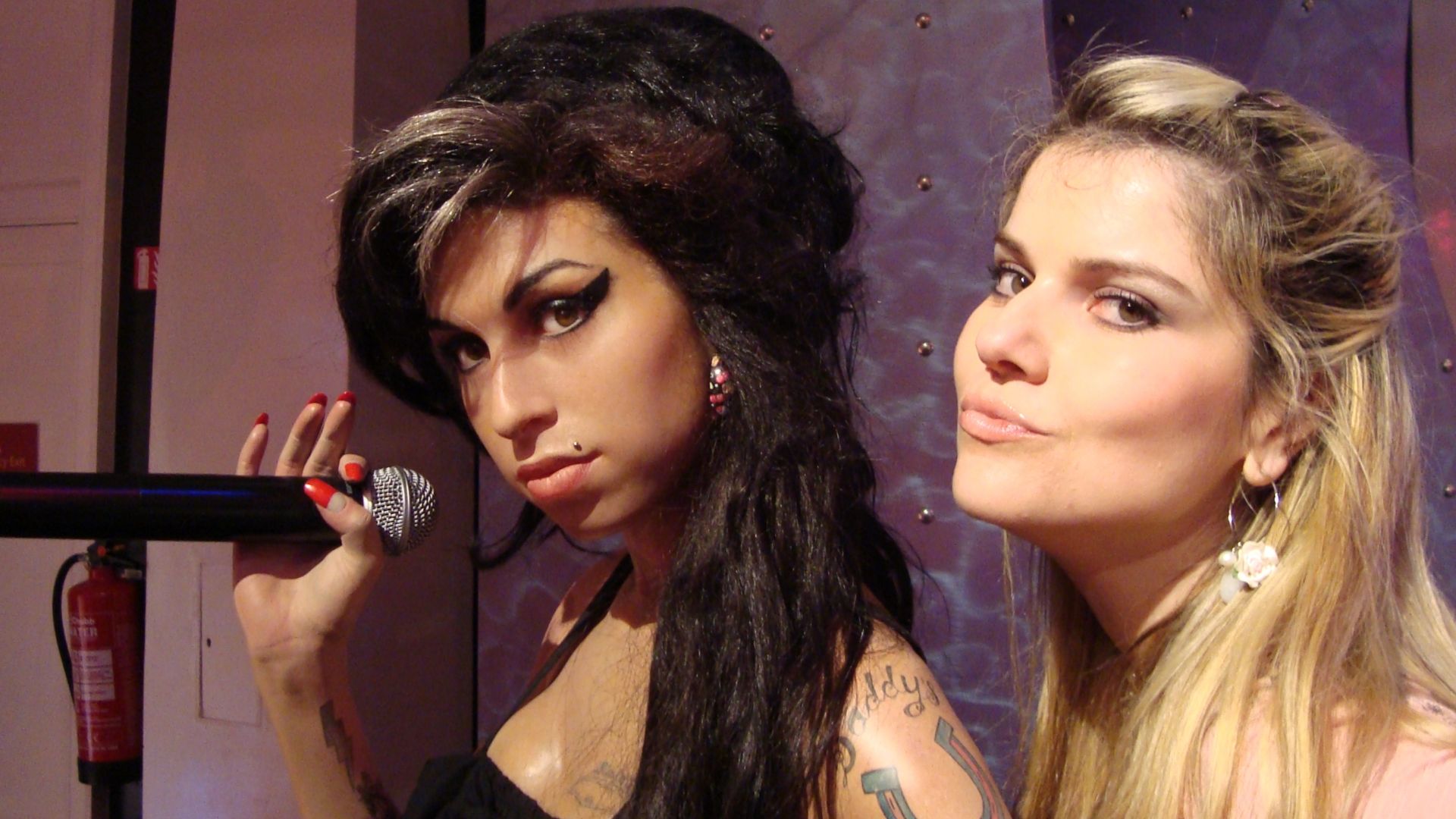 Juliana Dacoregio, Wikimedia Commons
Juliana Dacoregio, Wikimedia Commons
Music Was a Haven For Her
Through it all, songwriting remained Amy’s refuge. Unreleased demos from her last years reveal yearning, regret, and resilience — music was the space where she made sense of her pain, even when life made none.
She Had Friends Who Cared
Mark Ronson — who produced much of Back to Black — called Amy “the most naturally gifted person I’ve ever known,” and Kelly Osbourne described her as sensitive, brilliant — but always under siege by fame.
 Mark Ronson ft. Amy Winehouse - Valerie (Official Video), Mark Ronson
Mark Ronson ft. Amy Winehouse - Valerie (Official Video), Mark Ronson
She Left Her Fans Worried
Her 2008 set at Glastonbury was a poignant example of her brilliance and exhaustion clashing. Her voice still cut deep, but her energy was fragile. Fans left worried — not because the show ended, but because she gave them everything rawly, vulnerably.
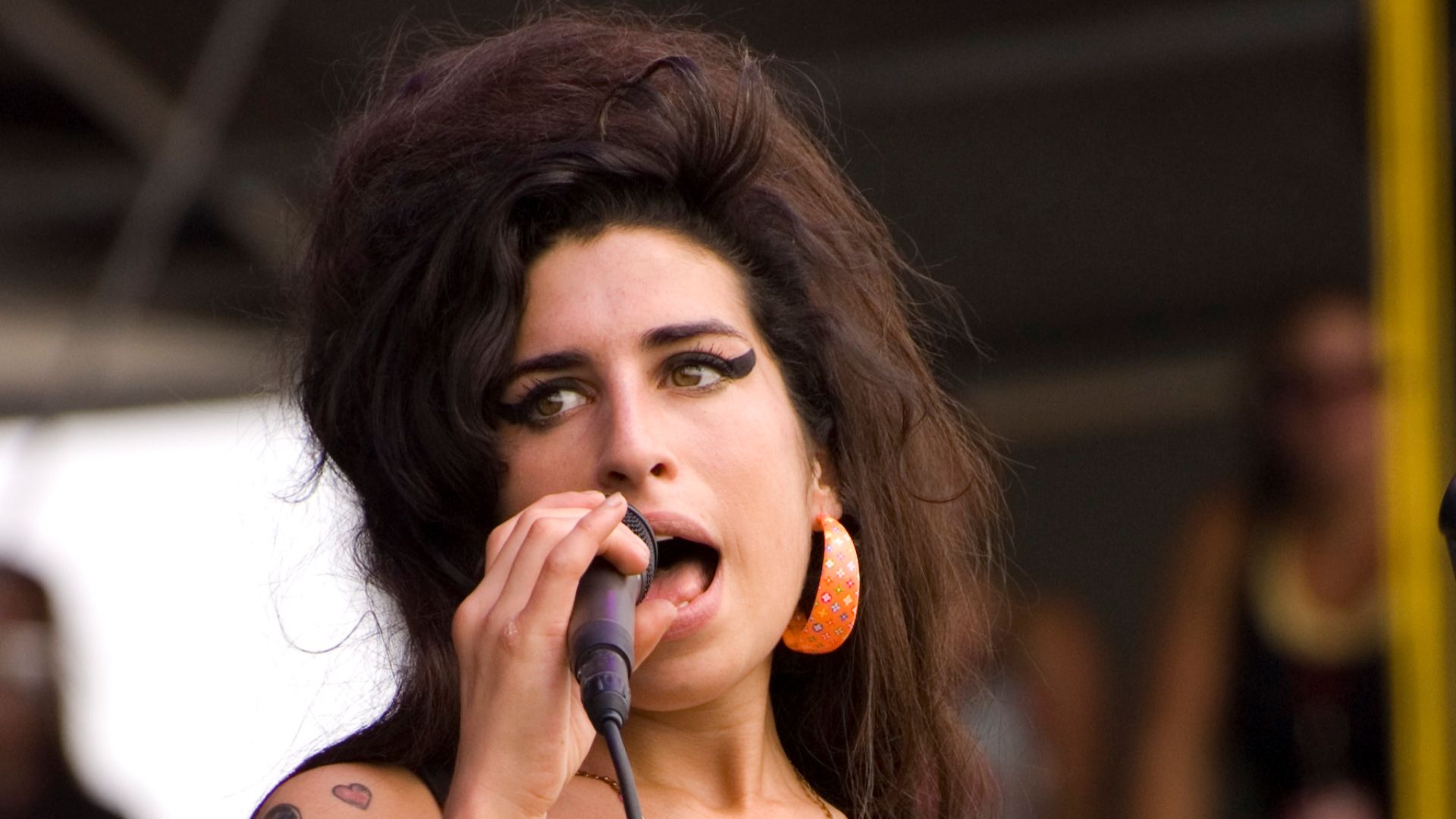 Gregory Gebhardt from Laguna Beach, CA, USA, Wikimedia Commons
Gregory Gebhardt from Laguna Beach, CA, USA, Wikimedia Commons
Paparazzi Was Like Prison
By 2009, Amy described the constant snappers outside her home as suffocating. “If you're a musician, why would you want people to care about anything other than the music?” she said — a plea that echoed her longing for safety and authenticity.
 Maggiejumps, Wikimedia Commons
Maggiejumps, Wikimedia Commons
Her Family Stepped In
Her parents, Mitch and Janis, repeatedly tried to guide her toward help. Mitch, especially, later shared that watching her struggle was heartbreak — he tried, he loved, but felt helpless watching procedures fail amid pressures he could never control.
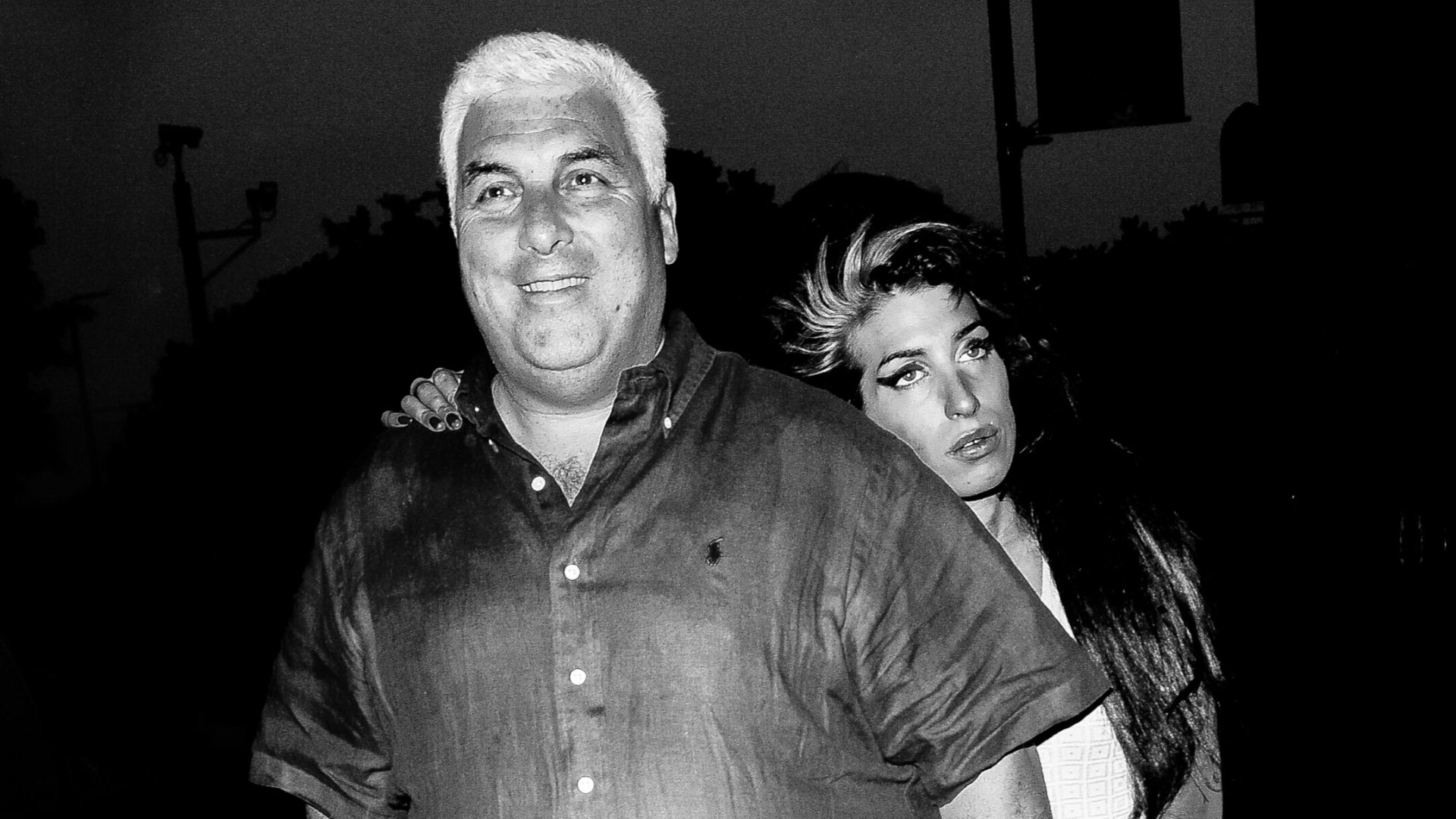 eddievanderwalt, Wikimedia Commons
eddievanderwalt, Wikimedia Commons
There Were Glimpses of Hope
Even amid the chaos, Amy had moments of renewal — quiet days at home, laughter with family, ideas for new music that hinted at a spark of peace coming back. And through it all, she remained unapologetically herself.
 Amy Winehouse - with her dad Mitch., Half Time.
Amy Winehouse - with her dad Mitch., Half Time.
She Took A Stand
Amy refused to lip-sync. On a televised charity appearance in the mid‑2000s, producers asked her to mime her performance — but she insisted on singing live, even if it meant risking the show’s polish. That fierce insistence on honesty became emblematic of who she was: raw, authentic, and real.
Her Final Year Struggles
In 2011, Amy began a comeback tour that quickly faltered. Shows were canceled. Her team urged rest. She pushed on because she wanted to deliver — but the burden of expectation was more than she could bear.
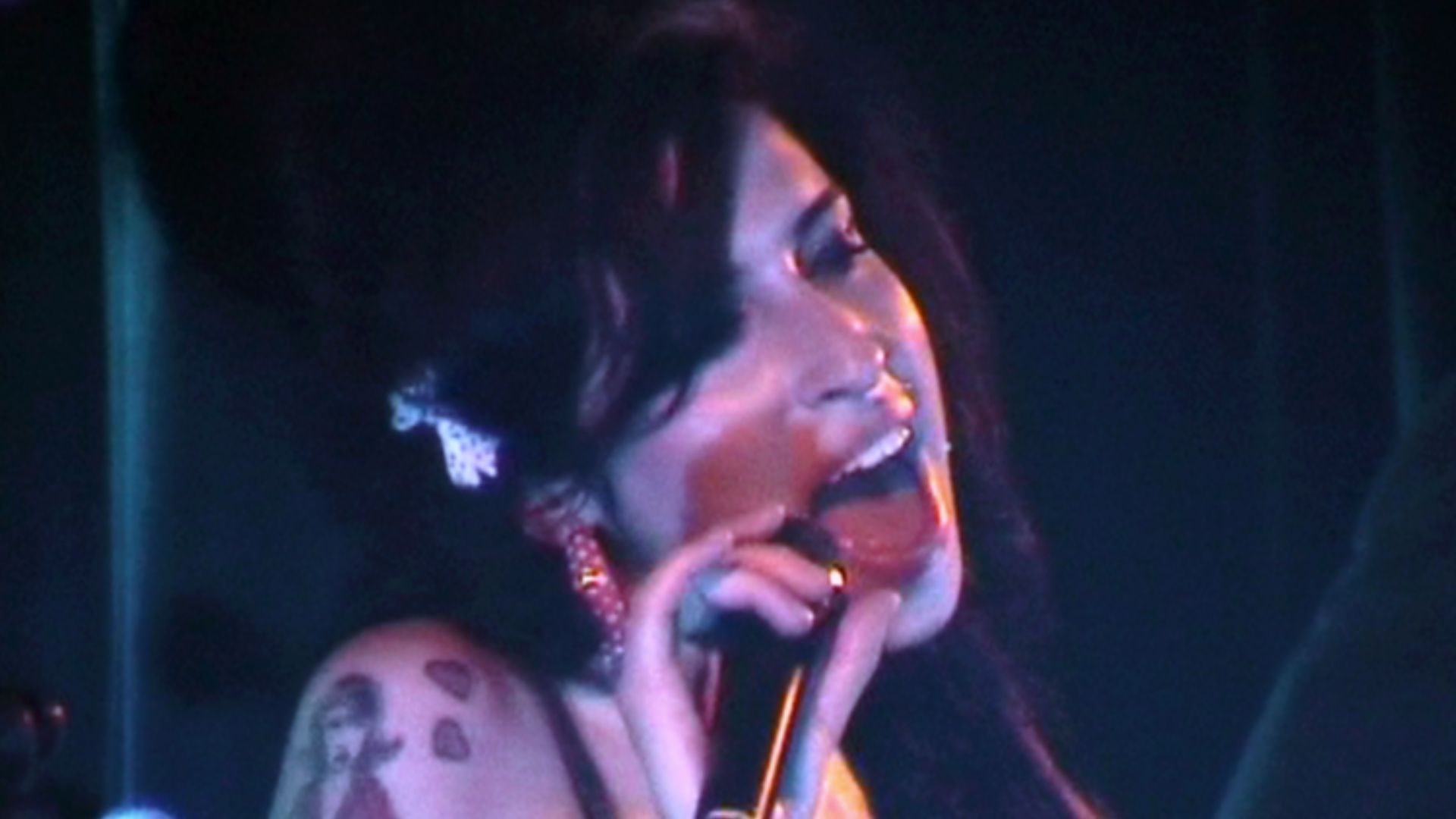 Amy_Winehouse_3.png: frank hommel derivative work: TheCuriousGnome (talk), Wikimedia Commons
Amy_Winehouse_3.png: frank hommel derivative work: TheCuriousGnome (talk), Wikimedia Commons
The Day Music Fell Silent
On July 23, 2011, Amy passed away at the young age of 27, at her Camden home. The coroner ruled accidental alcohol poisoning after she returned to drinking following a period of abstinence. Her family called for understanding — not blame — in honoring how she lived and died.
Waking Up the Conversation
Her passing sparked urgent discussions about fame’s toll, the need for real mental health support in the music industry, and the stigma around addiction. Artists and fans alike expressed grief — and a renewed call for empathy.
Foundation of Support
That same year, the Amy Winehouse Foundation was born. It focuses on helping vulnerable young people and raising awareness about substance misuse — a cause Amy herself needed help with, now helping others.
 Amy Winehouse foundation gala raises money to fight alcoholism and drug abuse, London Live
Amy Winehouse foundation gala raises money to fight alcoholism and drug abuse, London Live
The Woman Behind the Headlines
To friends and family, Amy was generous, hilarious, fiercely loyal, and endlessly creative. She wasn’t just news fodder — she was someone's beloved daughter and friend, known for her care and kindness.
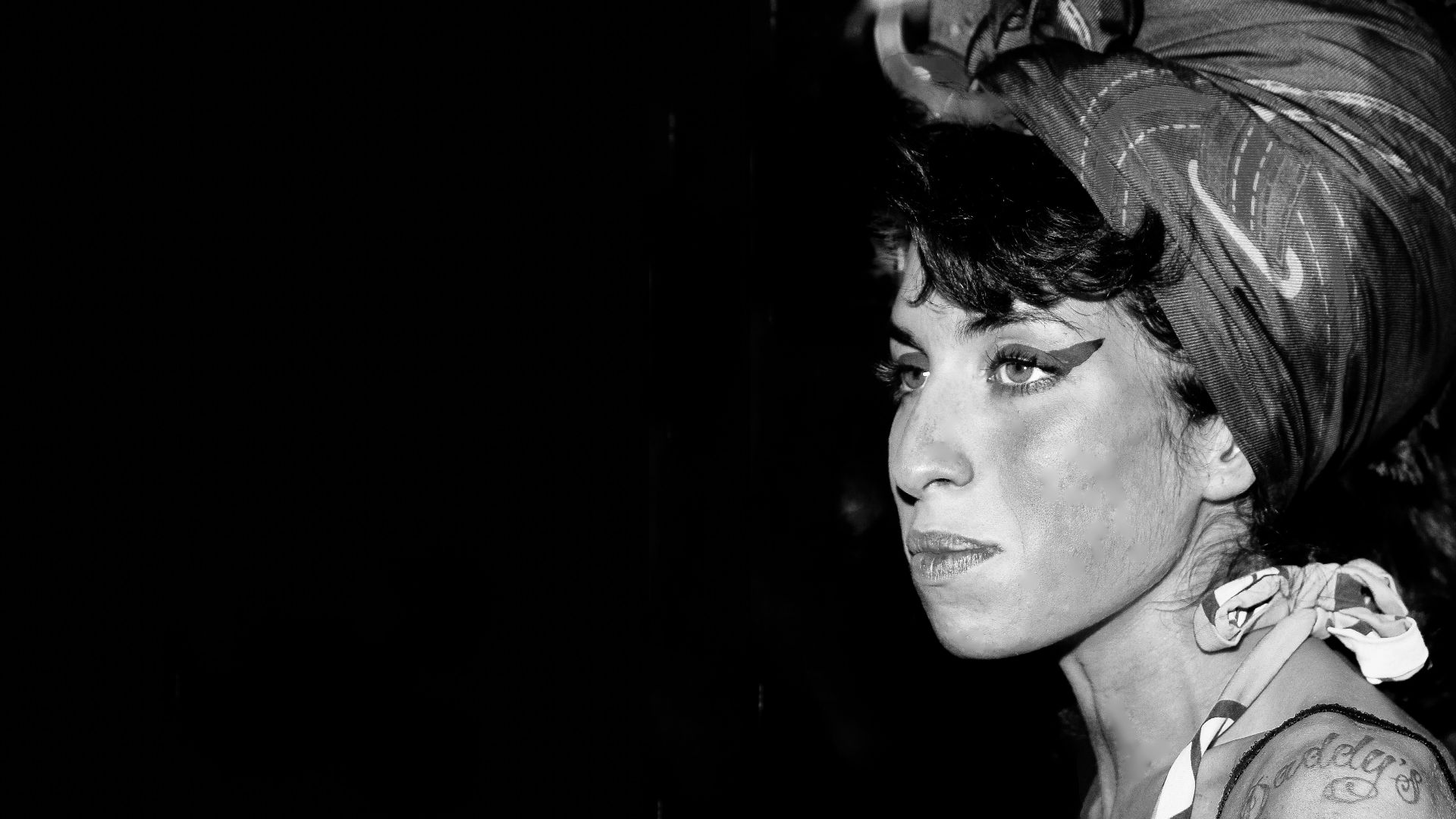 eddievanderwalt, Wikimedia Commons
eddievanderwalt, Wikimedia Commons
A Legacy of Love and Lessons
Amy Winehouse's life reminds us that brilliance and pain can exist together. She gifted the world songs that felt like confessions, and in her struggles, teach us to offer kindness before judgment — because real art and real people deserve space, understanding, and empathy.
You May Also Like:
Kristen Bell refused to get married until marriage equality was implemented.
Nina Simone’s Life Was Even More Haunting Than Her Music
Diana Rigg Was A Legendary Bad Girl—Both Onscreen And Off

